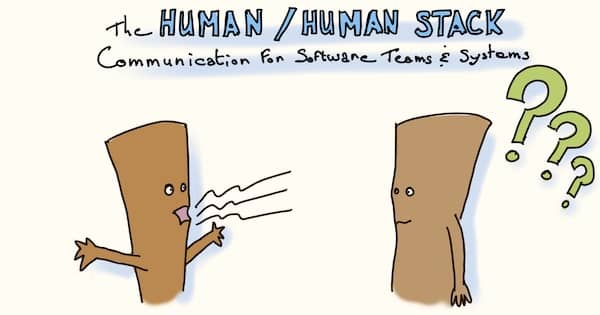What Happens to Non-Enthusiast Programmers in the Long Run ?
A few months ago, after receiving good feedback from my regular readers, I posted my latest article Is There Any Room for the Not-Passionate Developer ? on Hackernews and Reddit. I got a huge number of visits, a lot more than I typically get !
I also got a lot more comments, some nice, some tough, some agreeable and some challenging !

First, a summary
In this previous article, I wanted to contrast the different views about work/life balance in the software industry.
Some, like agile gurus and companies like Basecamp, and studies, strongly advocate for sane work hours. They explain that it results in greater productivity and healthy life.
On the other hand, the software field is always bubbling with novelty, and keeping up to date with technologies is by itself a challenge that takes time. For some companies, which might already be fighting for their survival against competition, it is almost impossible to grant some extra training time to their employees. The problem becomes particularly difficult when engineers get older, become parents and cannot afford to spend some extra time learning the latest JavaScript framework.
As a conclusion, I said that for most of us, it’s really difficult to remain a developer in the long run without the grit that only passion for programming brings. I encourage you to read it for more details.
What I learned from the comments
First of all, thanks a lot for all these, they were very valuable, they forced me to think even more about the issue.
People have been burnt !
The word ‘passion’ in particular, triggered engaged comments. As some pointed out, ‘enthusiast’ or ‘professional’ should be favored. It seems that some companies have asked their employees for unquestionable passion for their business (and not for engineering or programming) at the cost of the people’s own lives. As a commenter said, a lot of shops do not integrate the absolute necessity for their programmers to learn continuously in their business model. It made me kind of sad to feel once more this state of our industry.
As a result, people are weary of any statement of ‘passion’ in the workplace, and would prefer to be seen as very skilled professional, dedicated to keeping their skills up to date.
The particular question of France

I received some comments from all over the world, but my observations came from where I work : in France. Here, all in all, we have at least 7 weeks of paid leaves per year. It’s a lot more than in other parts of the world. I think it’s around 2 weeks in the US (other sources point the same fact). Imagine two companies, one from France, and one from the US. The one in the US can invest 5 weeks per year in exploratory learning (which can result in good things for both the business and the employee) while still producing as much as the french one.
Obviously, there are other parameters to take into account for overall productivity like hours per day, the effects of holidays or long hours on creativity, or funding … but here are some facts about software engineering in France :
- 20% time policy, hackathons and other exploratory learning are extremely rare (I’ve seen it once in 15 years)
- It’s slowly getting better, but if you remain a programmer in your thirties, you’re seen as a loser
- France has no software powerhouse like Microsoft, Google, Apple …
This lead me to this open question : What’s the effect of the 7 weeks of paid leaves on the french software industry ?
By no means will I try to give an answer, I just don’t know. Plus, for those who might be wondering : I love my 7 weeks of holidays !
The conclusion I came to
Yet, I can try to draw a conclusion at the individual level. In France, if you’re not really enthusiastic about programming, you won’t put the extra effort off-the-job to learn the latest technologies. Within a few years, you’ll be ‘deprecated’, which will leave you with mainly 2 options :
- become a manager
- stick to your current codebase (and become completely dependent of your employer)
To me, the sad truth is that if you want to make a career as a professional developer in France, you’d better be ready to spend some of your free time practicing !




Leave a comment